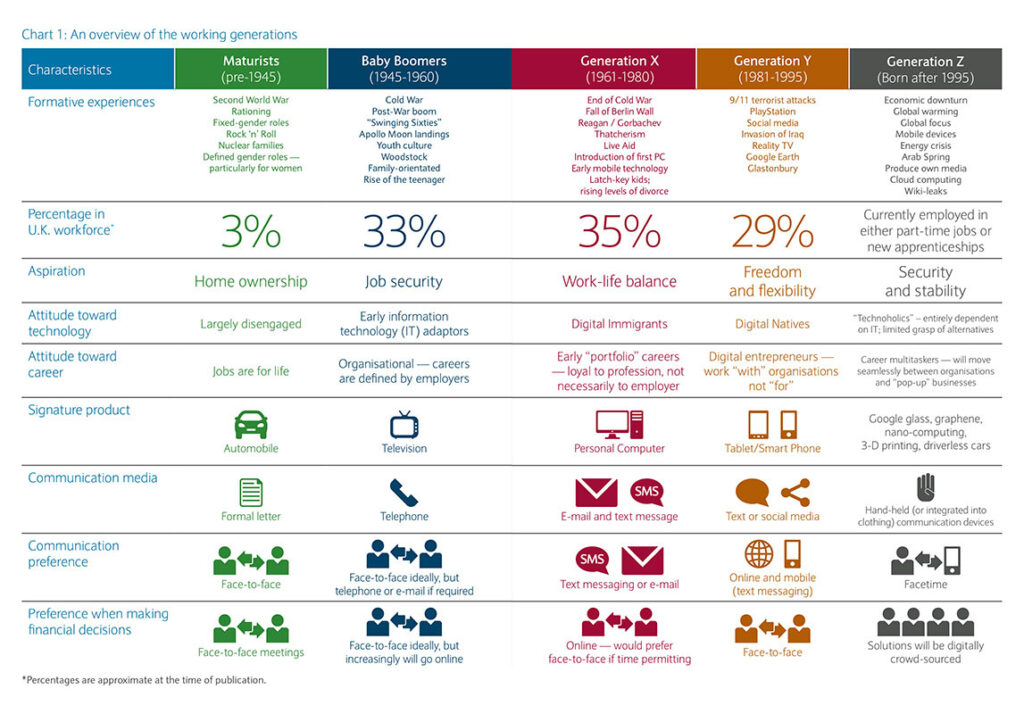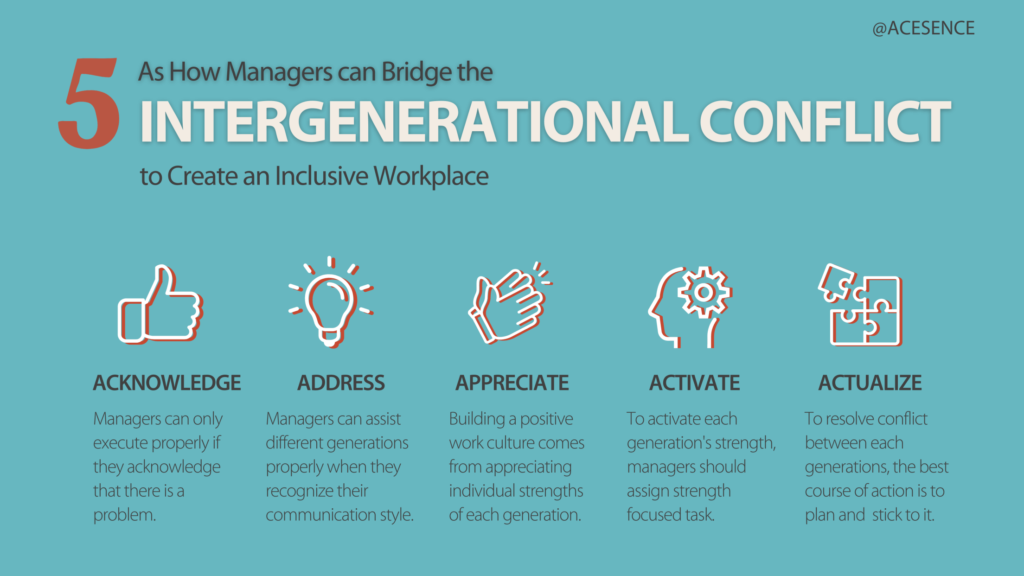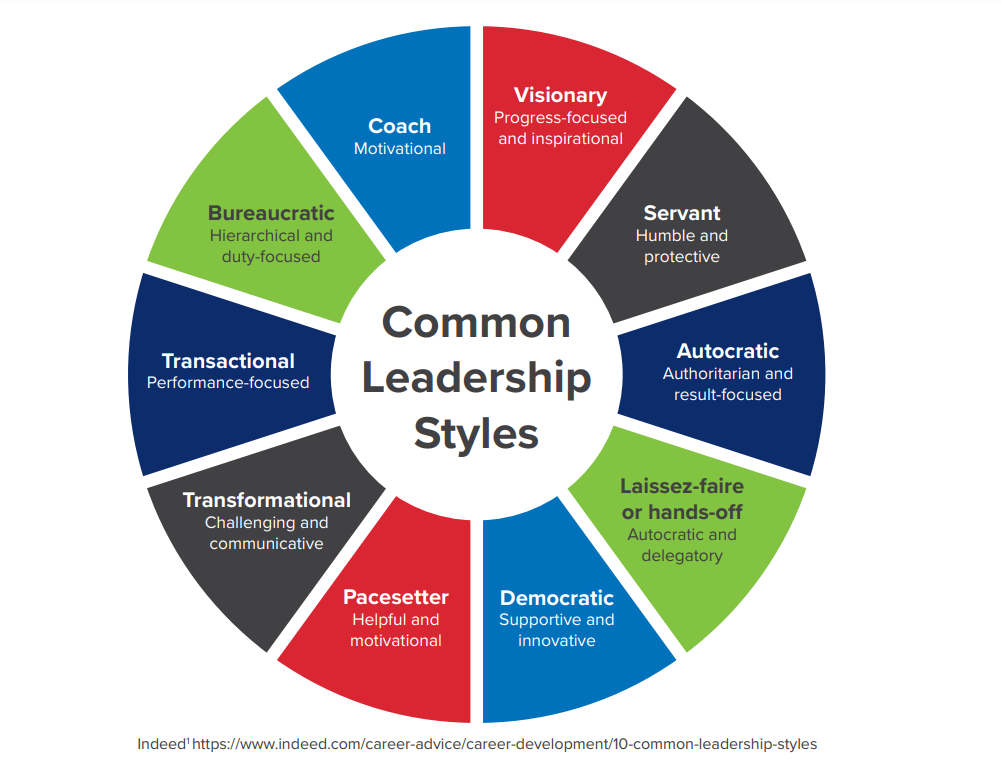Workplace dynamics have evolved to encompass a unique mix of individuals spanning up to four generations – Baby Boomers, Generation X, Millennials, and Generation Z. This generational diversity presents its own set of challenges, yet it also unfolds an abundance of opportunities for leaders who understand how to harness the unique strengths and perspectives of their multigenerational team.
Decoding Generational Core Values
Effective leadership across generations begins with understanding the distinct motivations and drivers of each generation:
- Baby Boomers: Born between 1946 and 1964, they are renowned for their loyalty and hard work. They prioritize career advancement and financial stability.
- Generation X: Born between 1965 and 1980, this group tends to exhibit independence and an entrepreneurial spirit. They value work-life balance and flexibility.
- Millennials: This tech-savvy generation born after 1981 thrives on collaboration, professional growth, and purpose-driven work.
- Generation Z: The youngest workforce members, born after 1997, desire security and stability and are cause oriented.
These generalized attributes offer a roadmap to engaging with each generation effectively. However, it is crucial to avoid stereotyping and take the time to understand your team members on a personal level.
Bridging the Generational Divide
Addressing generational differences and biases is essential to maintaining harmony within your team. Open communication and education about generational diversity can foster mutual understanding and empathy. Framing diversity as an organizational asset builds a foundation for a cohesive, inclusive workspace.
Stay attuned to potential generational disparities in areas such as technology use, work preferences, and communication styles. Facilitate flexibility and support through varied communication channels, personalized learning opportunities, and career development plans.
Harnessing Generational Strengths
Successfully leading a multigenerational workforce means recognizing and leveraging the unique strengths that each generation brings to the table. By tapping into these diverse talents, leaders can create a synergistic environment where every team member feels valued and contributes meaningfully to the organization’s goals.
Baby Boomers
Baby Boomers possess a wealth of knowledge and experience, having navigated multiple phases of economic and technological change. Their strong work ethic and dedication can serve as a model for younger generations. To harness their strengths, integrate them into mentorship programs where they can pass down their insights and expertise. This not only benefits the mentees but also keeps Boomers engaged and valued within the organization. Additionally, placing them in strategic roles where their experience can guide critical decisions can be highly beneficial. Consider involving them in long-term planning committees or as consultants on projects that require historical perspective and seasoned judgment.
Generation X
Generation X is known for its independence and entrepreneurial spirit. Often described as the “bridge” generation, they balance the traditional work values of Boomers with the flexibility and innovation prized by Millennials and Gen Z. To leverage Gen X’s strengths, provide them with opportunities to lead projects and innovate. Their ability to work autonomously makes them ideal candidates for roles that require an elevated level of responsibility and self-direction. Encourage them to take on leadership roles in cross-functional teams, where their knack for balancing different perspectives can drive collaboration and success. By giving them space to explore innovative ideas and implement changes, you can foster a culture of innovation that benefits the entire organization.
Millennials
Millennials, who grew up in a digital age, are adept at navigating technology and thrive in environments that encourage collaboration and continuous learning. They are driven by a sense of purpose and are passionate about making a positive impact, both in their work and in the world. To harness the strengths of Millennials, involve them in decision-making processes where their input can drive innovation and social responsibility initiatives. Their collaborative nature makes them ideal for roles that require teamwork and project management. Additionally, aligning their work with causes they care about can increase their engagement and job satisfaction. Consider integrating social impact projects into your business strategy, where Millennials can take the lead in driving these initiatives.
Generation Z
As digital natives, Generation Z brings a fresh perspective on technology and innovation. They are adept at using digital tools and platforms, which can be leveraged for business growth and transformation. However, this generation also values security and stability, which means they thrive in structured environments where expectations are clear. To harness their strengths, provide them with opportunities to apply their digital expertise in ways that drive innovation. This could include roles in social media strategy, digital marketing, or data analysis. At the same time, ensure they have a stable work environment with clear career paths and development opportunities. This combination of stability and innovation will help them feel secure while allowing them to contribute to the organization’s growth.
Regardless of your team’s makeup, the key is to create an environment where every generation feels valued and empowered to contribute their best work. This not only enhances team performance but also fosters a culture of inclusion and mutual respect, which is critical for long-term organizational success.
Adapting Leadership Style for Each Generation
Generational diversity demands a versatile approach to leadership. Adopt an inclusive, team-based style that encourages idea-sharing and intergenerational learning. For Millennials and Gen Z, adopt a coaching approach, providing consistent feedback and highlighting their role in achieving overarching goals. For Gen X and Boomers, combine a positive demeanor with a willingness to embrace new processes, while acknowledging their invaluable experience.
Final Thoughts
To truly harness the power of a multigenerational workforce, leaders must go beyond basic strategies and cultivate a deep understanding of generational dynamics. At Leadership Circle, we specialize in helping leaders develop the insights and skills needed to navigate this complexity. Our services are designed to empower you to not only recognize the unique strengths of each individual but to integrate those strengths into a cohesive, high-performing team. Meet with one of our consultants today to get your teams’ customized working style assessment and recommendations.








